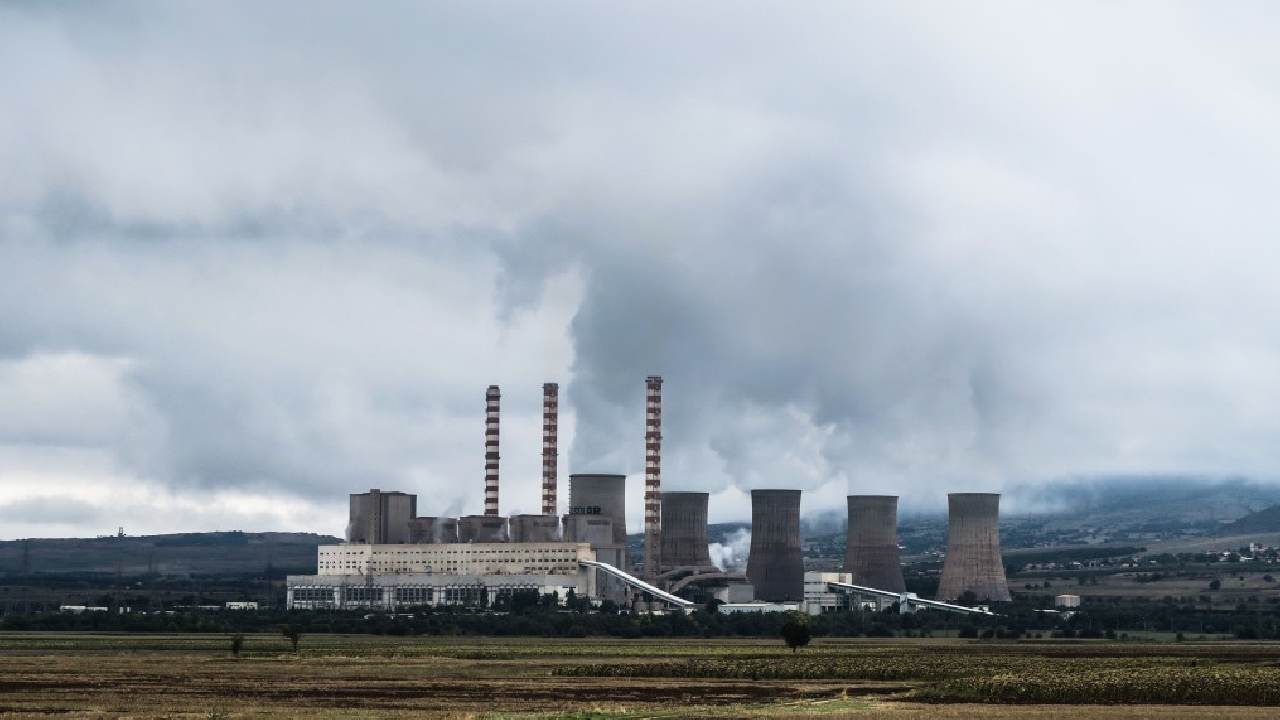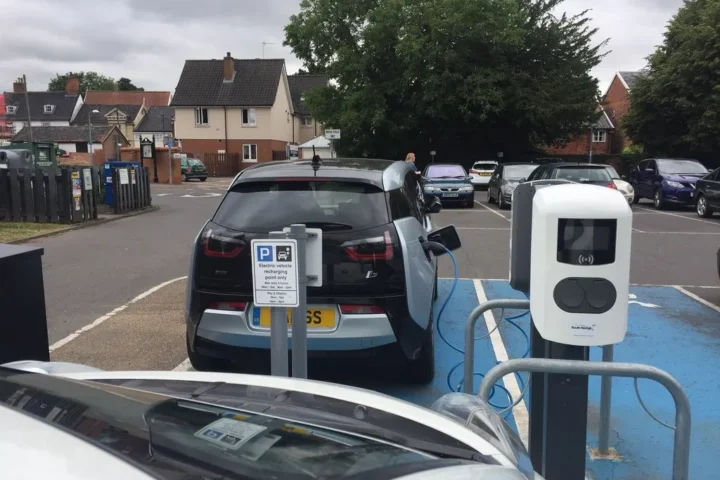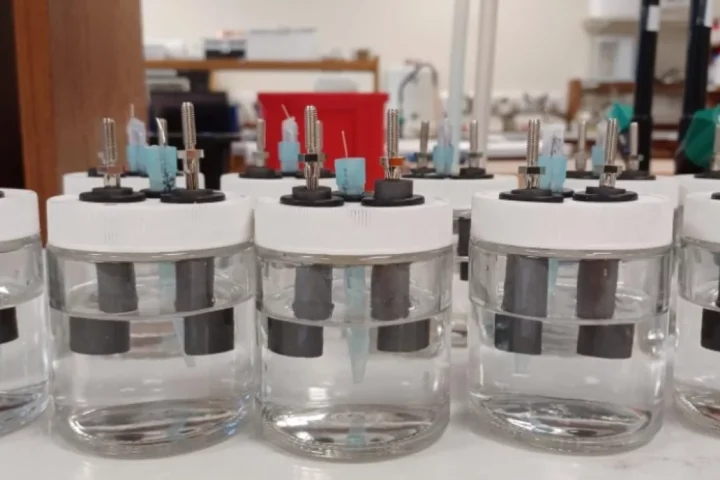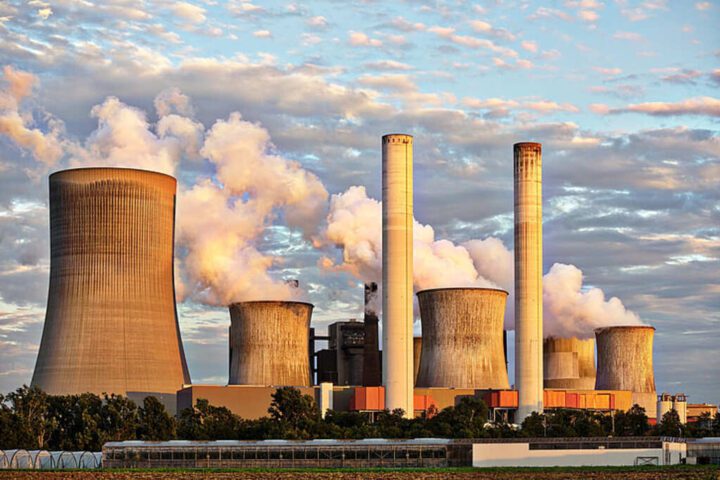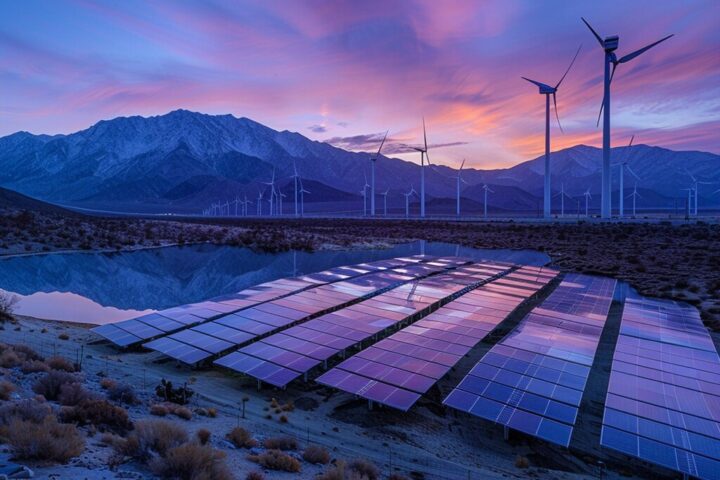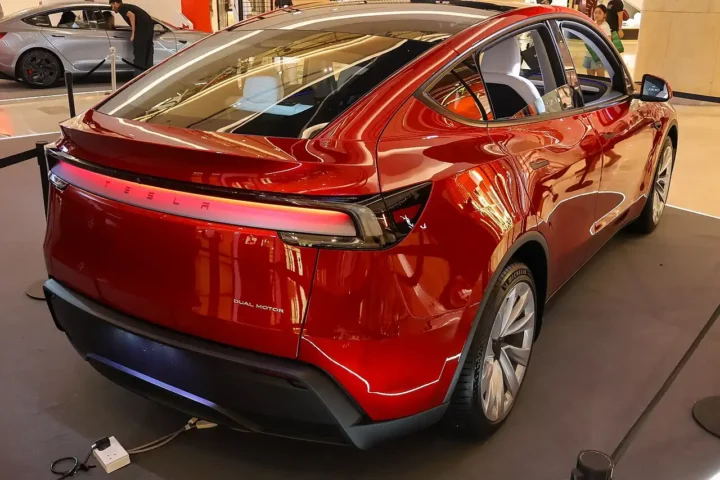In a controversial move, the Trump administration has exempted 68 coal-fired power plants across 23 states from following updated Clean Air Act standards. The exemptions, granted in April 2025, allow these plants to postpone complying with stricter limits on toxic emissions including mercury, arsenic, and other harmful pollutants.
The process began in March when EPA Administrator Lee Zeldin invited power companies to request exemptions by simply sending an email. Companies were told they could cite “national security” or “lack of available technology” as justifications. By April, the administration had granted two-year exemptions to these facilities.
“This is a political favor for coal corporations that results in families and children breathing more mercury and arsenic, chemicals that cause cancers and birth defects,” said Nicholas Morales, an Earthjustice attorney.
Similar Post
The exemptions specifically target the Mercury and Air Toxics Standards (MATS) that were strengthened by the Biden administration in 2024. Before MATS was first established in 2012, coal plants could emit unlimited amounts of these toxins. The original standards led to a 90% reduction in mercury emissions and an 80% drop in other metals, helping save up to 11,000 lives each year.
In response, a coalition of 12 environmental and community groups filed a lawsuit on June 12, 2025, challenging what they call the “illegal use” of presidential exemptions. The lawsuit argues that Trump twisted Section 112(i)(4) of the Clean Air Act, a provision never used in 55 years and meant only for true national security emergencies where pollution control technology is unavailable.

Environmental groups dispute the Trump administration’s claim that technology to meet the standards “does not yet exist in a commercially viable form.” The EPA’s own analysis in 2024 found that 93% of coal plants were already complying with the updated standards, and pollution controls are installed at most of the exempted plants.
Many of the exempted facilities are located in or near working-class communities and communities of color already facing high pollution levels. States with exempted plants include Alabama, Alaska, Arizona, Arkansas, Georgia, Illinois, Indiana, Kansas, Kentucky, Louisiana, Mississippi, Missouri, Montana, New Hampshire, North Dakota, Ohio, Oklahoma, Pennsylvania, South Dakota, Tennessee, Texas, West Virginia, and Wyoming.
The exemptions come as part of a broader push by the Trump administration to extend the life of coal plants despite the industry’s steady decline due to cheaper natural gas and renewable energy alternatives.
